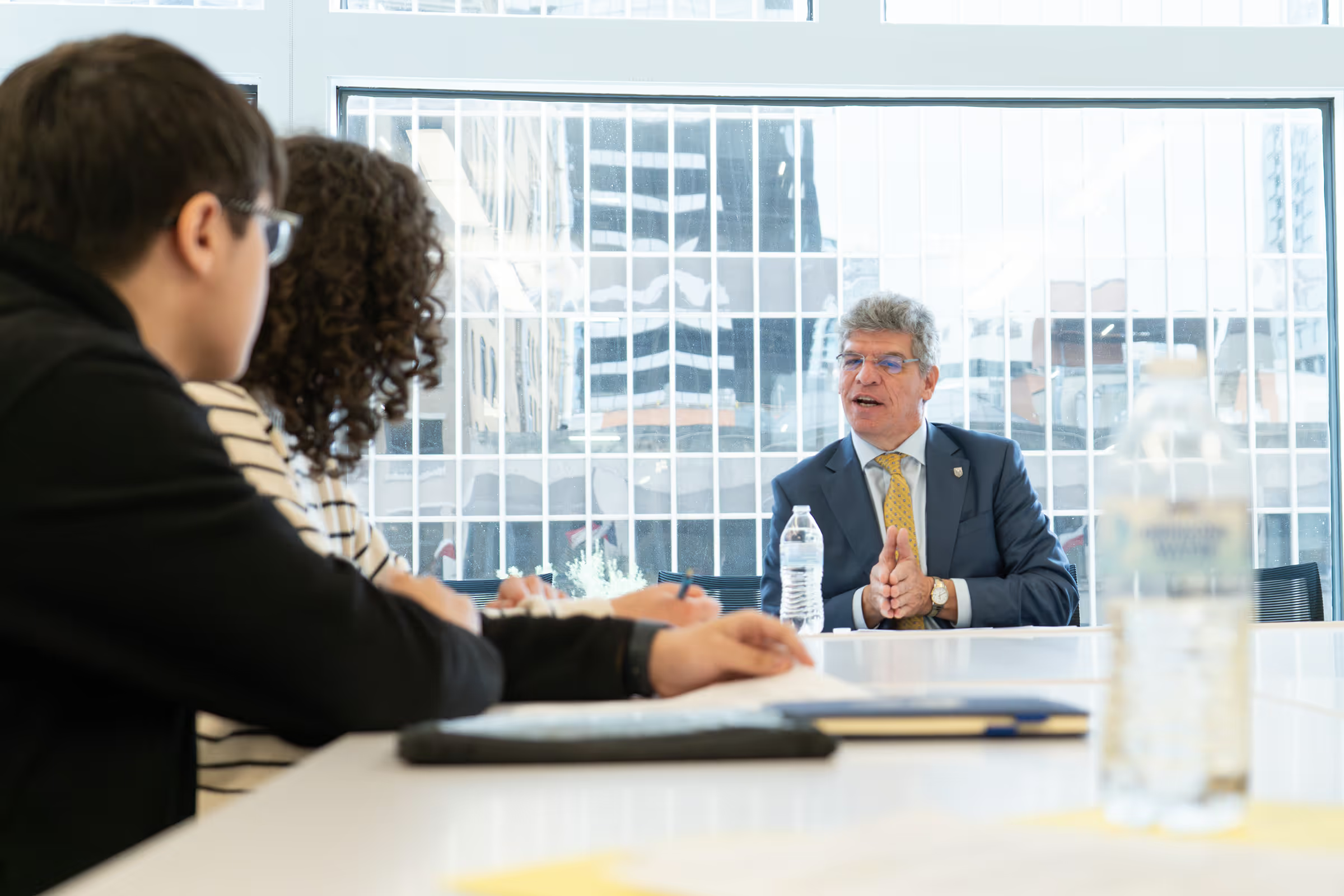A required UATX course will ask: what is the American regime—the form of government and way of life—and what, if anything, makes it distinctive? Why has America been a land of hope? What great failings have Americans struggled to overcome? Can Americans be said to have a distinctive character? These questions will be explored through the study of a variety of writings, including political documents and speeches, autobiographies, novels, and essays.
Required Texts:
John Locke, Second Treatise of Government
The Federalist Papers
Mark Twain, Huckleberry Finn
Tom Kromer, Waiting For Nothing
Alexis de Tocqueville, Democracy In America
Declaration of Independence and Constitution of the United States
With selections from the founding fathers, Frederick Douglass, Abraham Lincoln, Walt Whitman, Franklin D. Roosevelt, Lyndon B. Johnson, Dwight Eisenhower, John F. Kennedy, Martin Luther King, Jr., Allan Bloom, David Foster Wallace, and others who shaped America.
Course Outcomes and Objectives:
Understand and appreciate the unique vibrancy of the American form of government and way of life.
Students will be able to:
- Identify major philosophical foundations and political goals of the American system of government
- Reflect critically on the basic issues at stake in the debates of the American Founders
- Explain the significance of the leadership and vision of Abraham Lincoln
- Identify distinctive components of the American character and way of life as reflected in historical documents, novels, autobiographies, and histories
Reflections: Once each week, students should select a short passage from the day’s reading—less than 100 words—that grabs their interest, and unpack it in roughly 300-500 words. Students should quote the passage at the beginning of the reflection. Some questions one might ponder: What is noteworthy, strange, or surprising about the chosen passage? How does it illuminate or connect with other parts of the text? What questions or issues worthy of discussion in class are prompted by the passage? These assignments will help students to read carefully and think deeply about the text.
Electronics: Students may not use laptops, iPads, cellphones, or any other electronic devices during class.
Our core course sequence, Intellectual Foundations, consists of 15 required seminar classes guiding students in modeling and solving problems, identifying the necessary conditions of human flourishing, and critically understanding modern society and Western civilization.
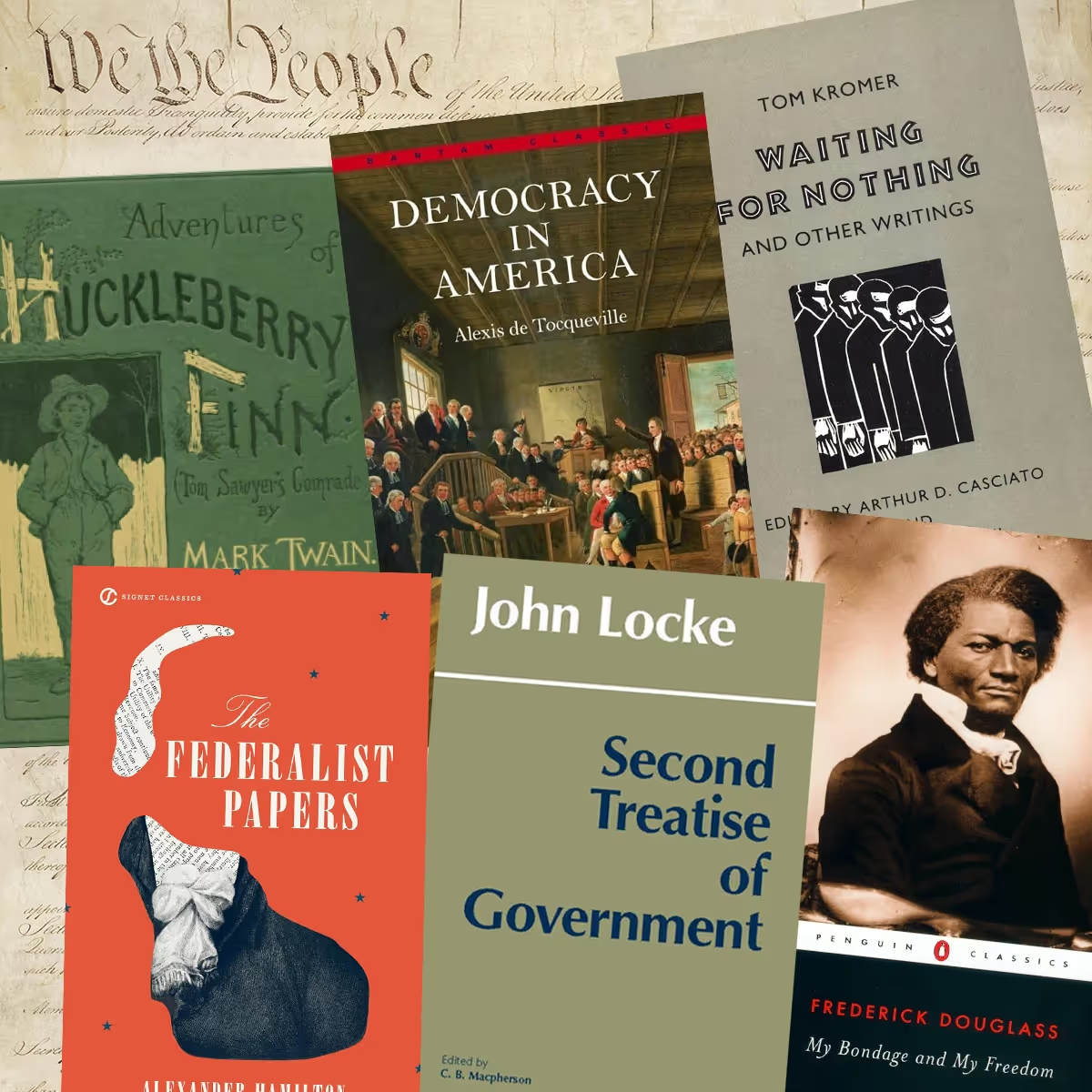
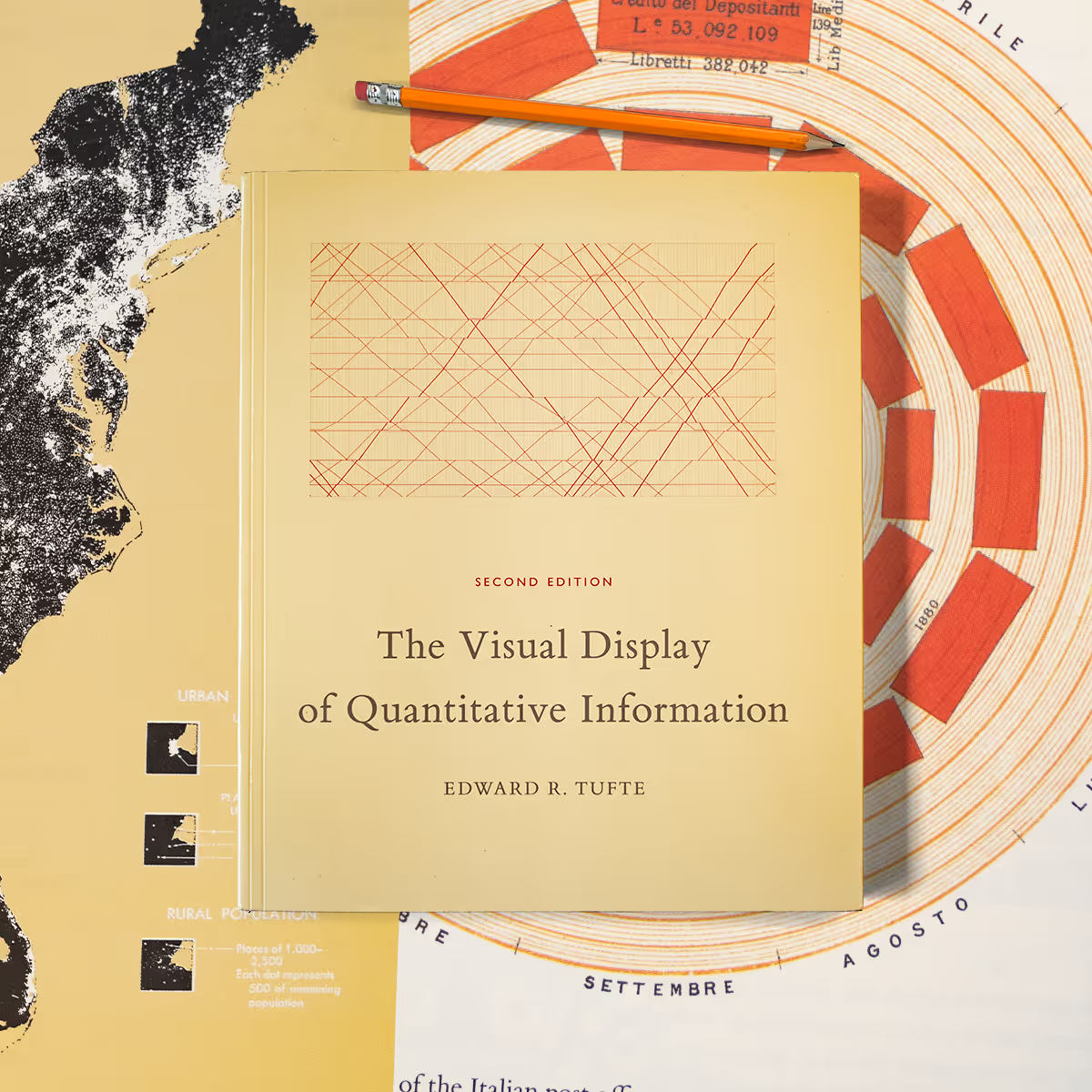



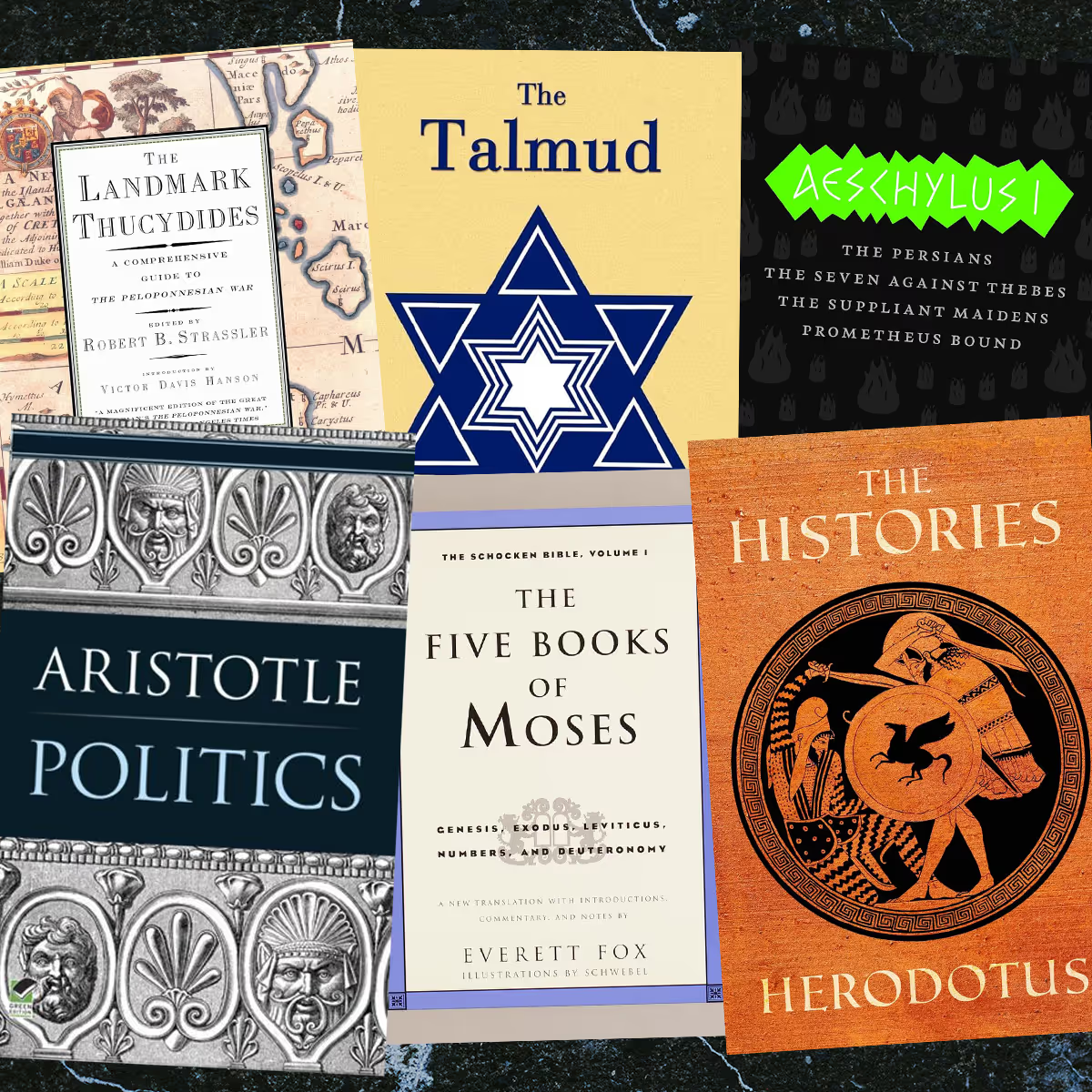




.avif)
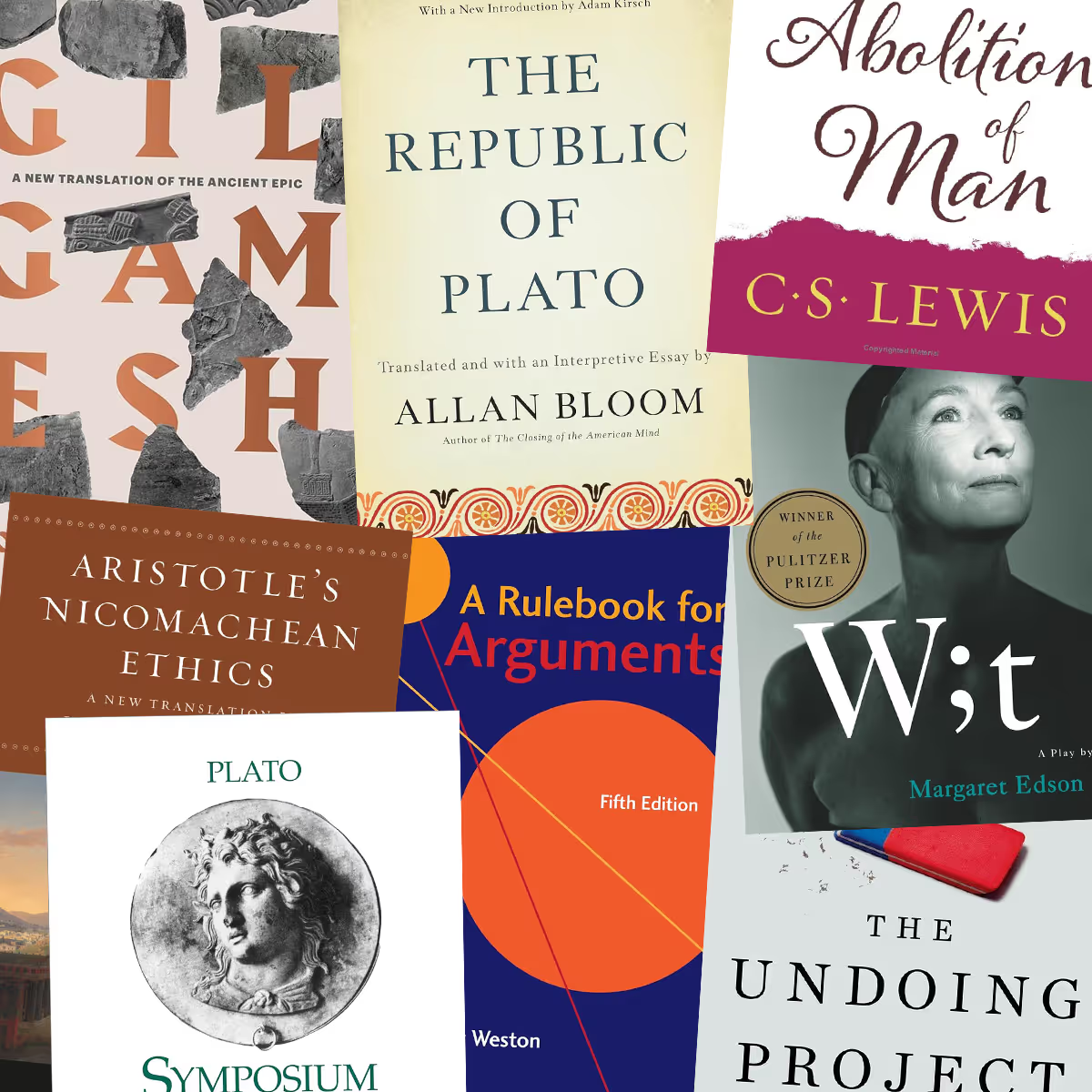
.avif)
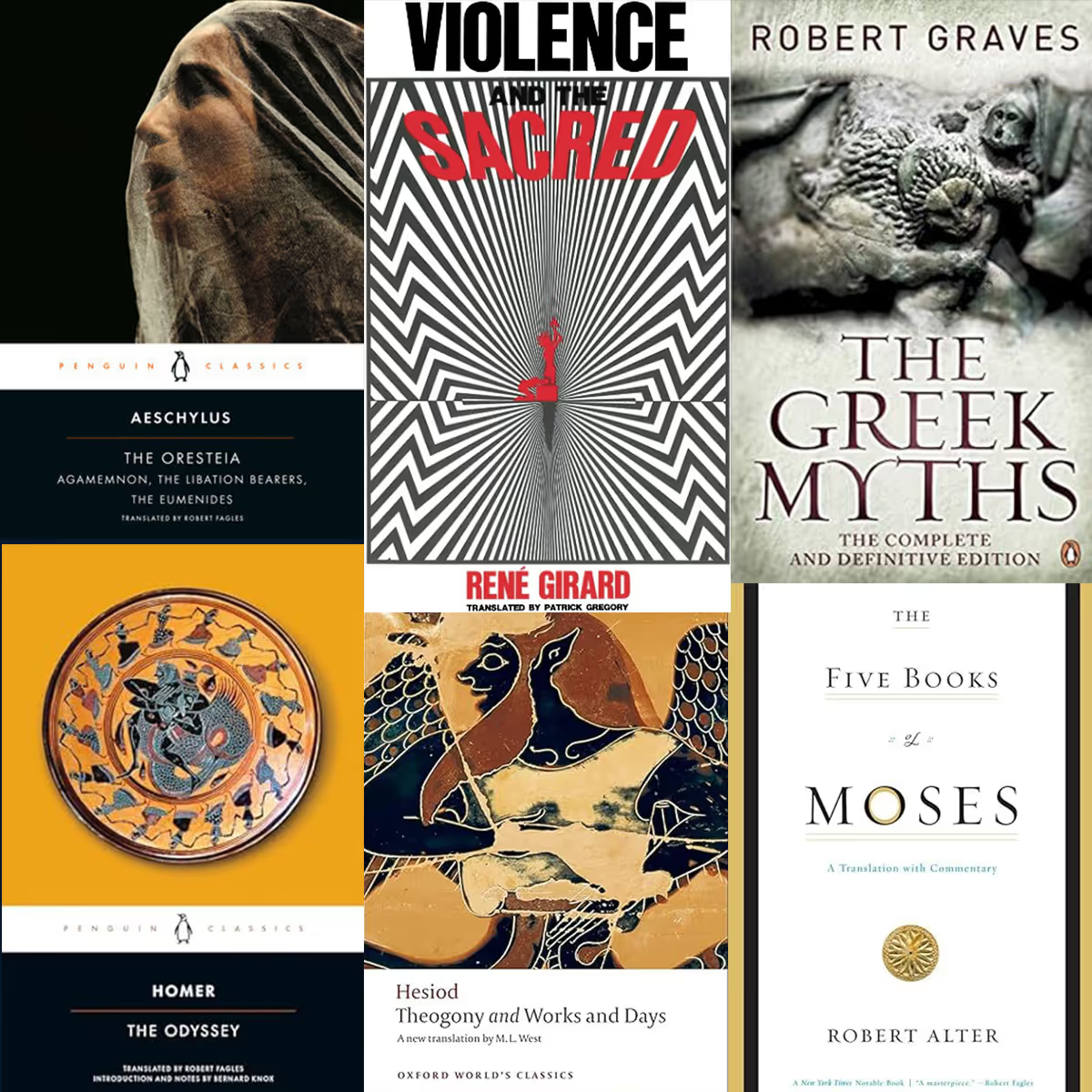
.avif)



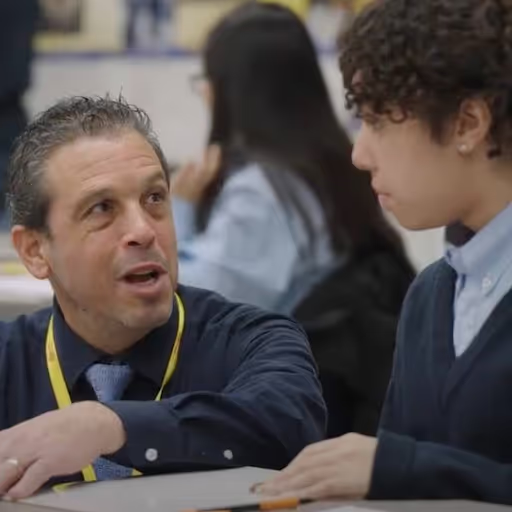
.avif)


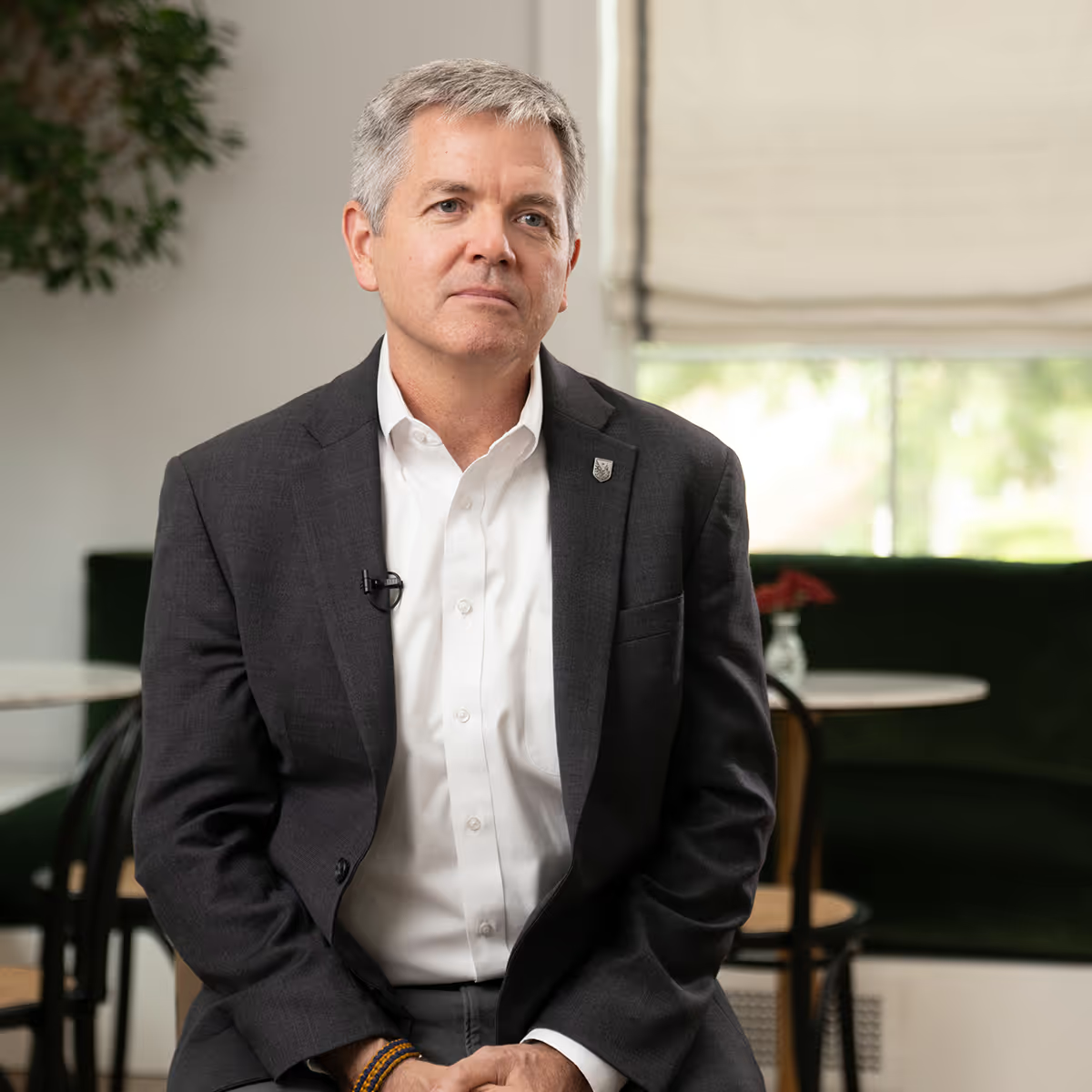
.avif)

.avif)
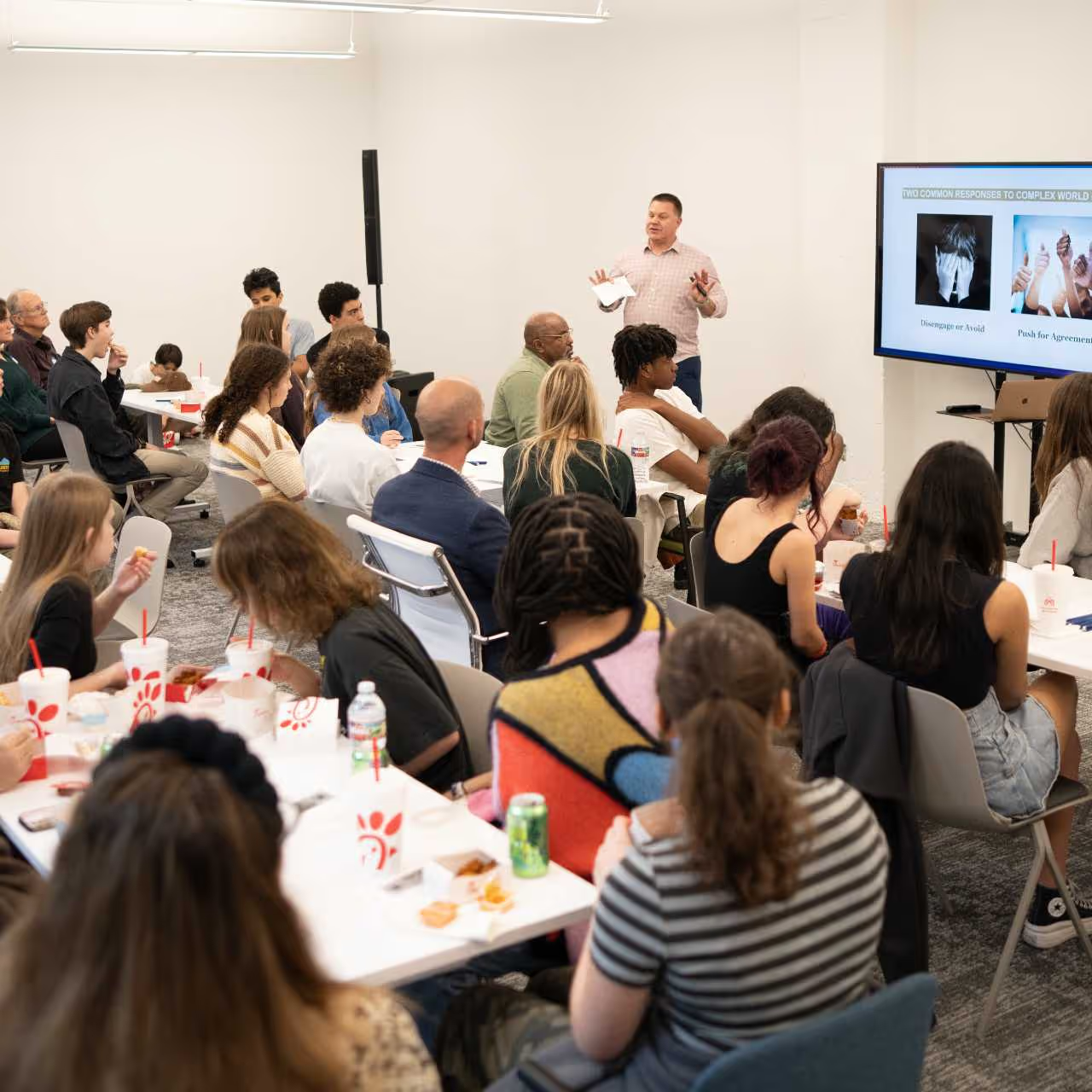

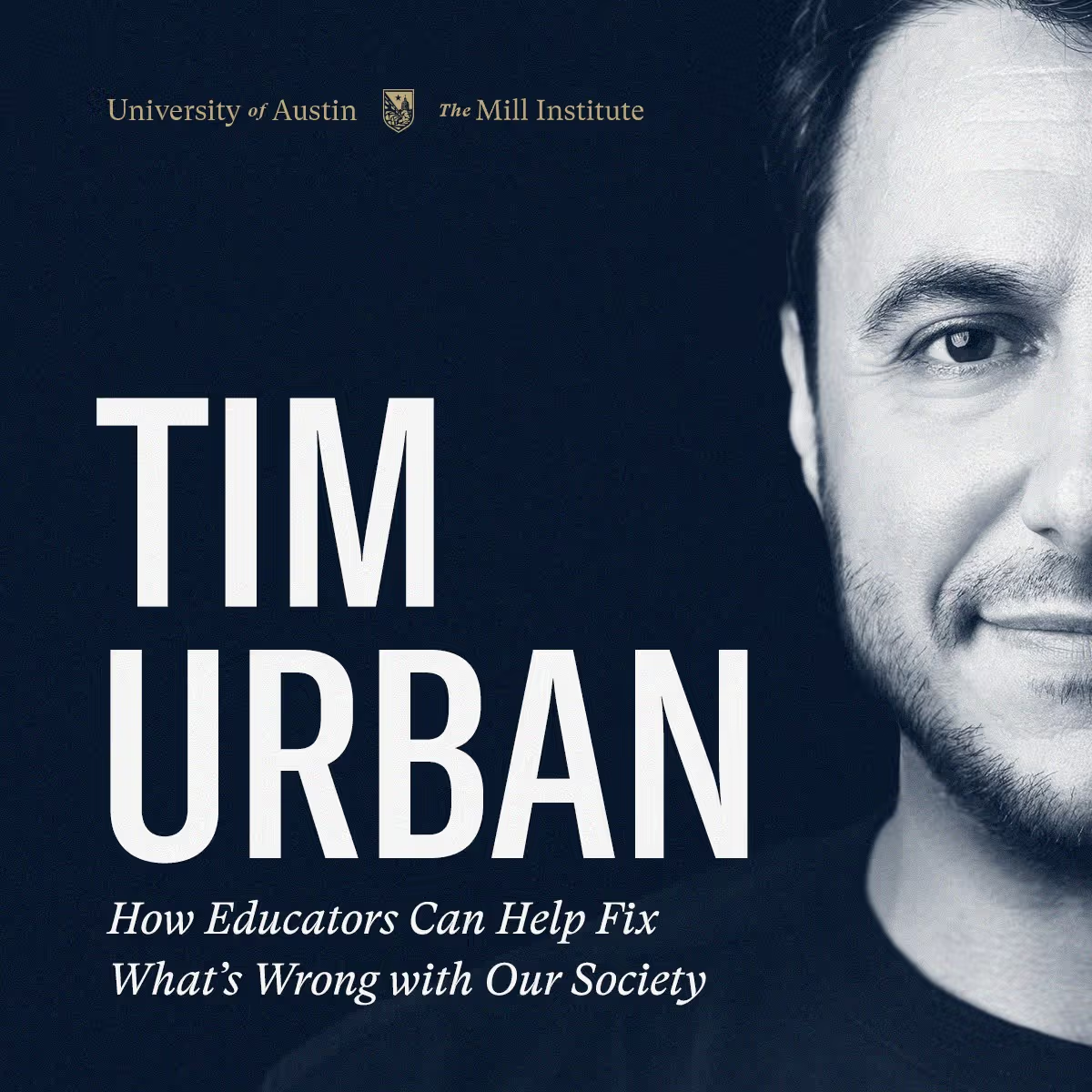
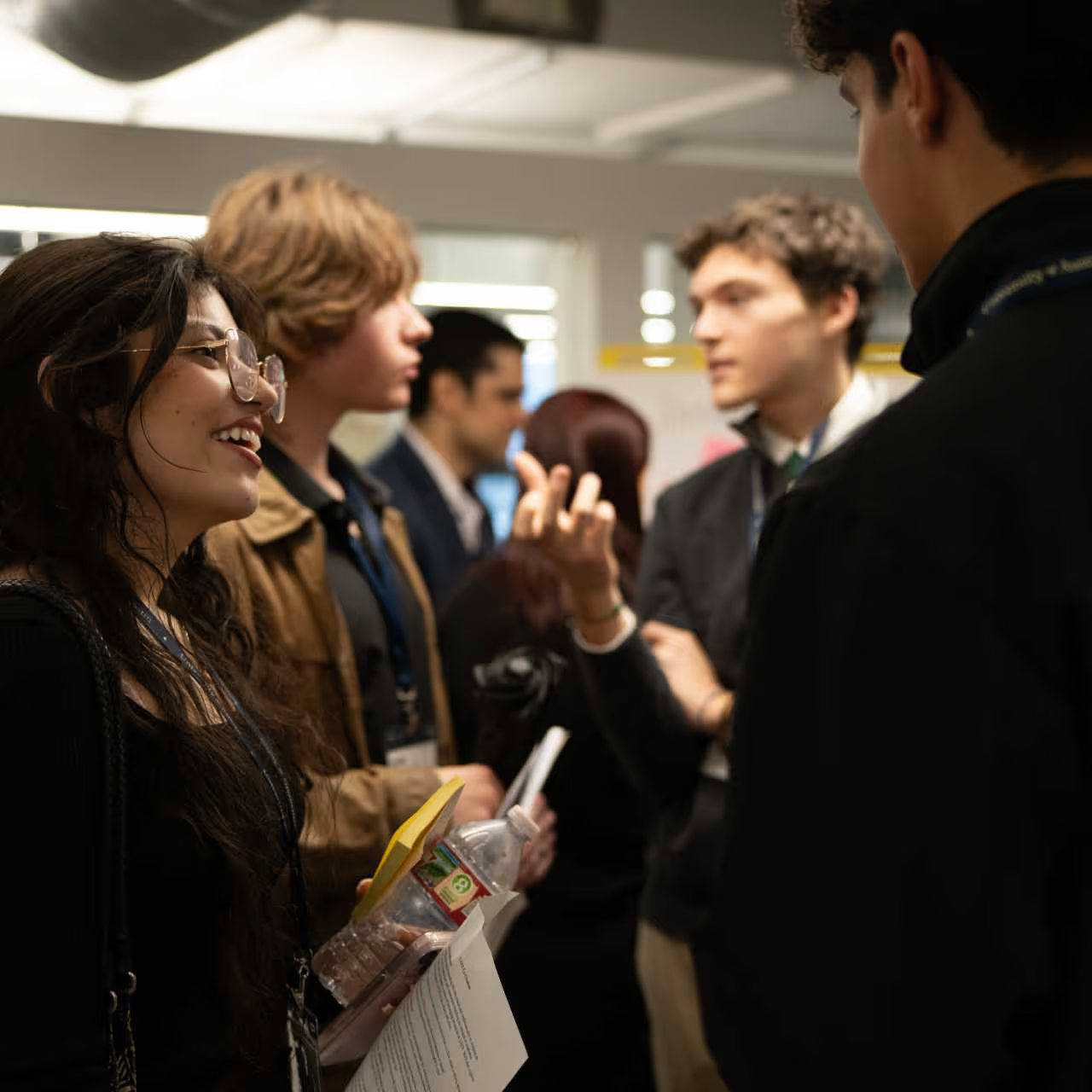

.avif)

